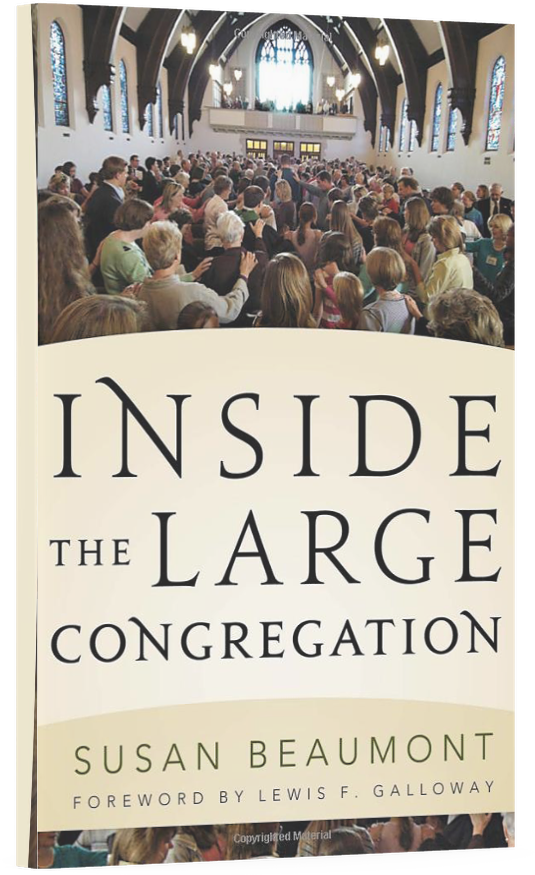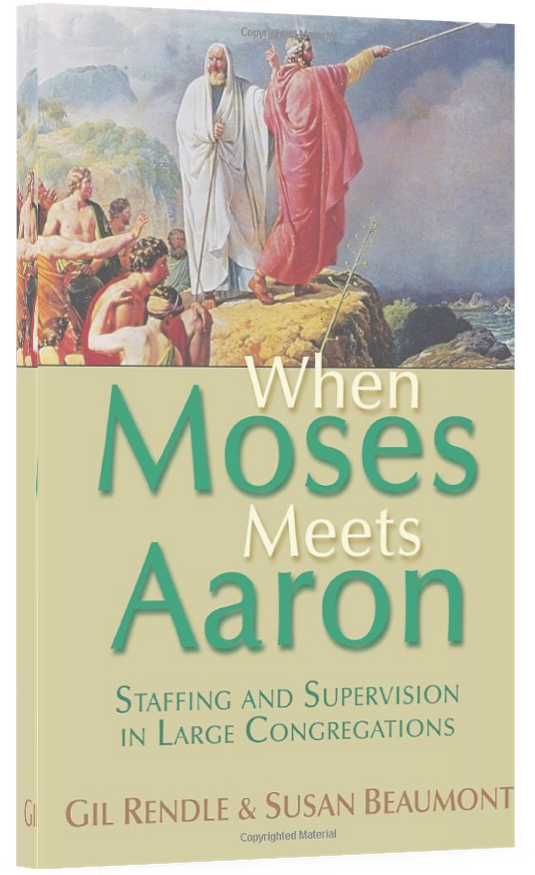I often find myself in conversations like this one with a senior pastor.
Pastor: “I need help thinking about the configuration of my staff team. I’m currently trying to work around 2 key positions that aren’t appropriately staffed right now. There isn’t much I can do in the moment because I’m waiting for these 2 people to retire, but I want to be ready to do the right thing once these two individuals do decide to retire.”
Me: “How are you engaging the dialogue with these two individuals around their retirement decision?”
Pastor: “I’m not. I’m waiting for them to decide what they are going to do.”
 The problem with the “wait and see” approach to the retirement of others is that it places the overall effectiveness of the staff team in the hands of a few individuals. In most of the situations that pastors bring to me for discussion, the individual that is deciding the fate of the staff team through their retirement decision is not performing effectively. The head of staff stands by and does nothing out of a misplaced sense of loyalty, or out of a fear of creating division or risking a law suit. It seems easier to wait it out than it does to engage in conversations that have the potential to go very badly.
The problem with the “wait and see” approach to the retirement of others is that it places the overall effectiveness of the staff team in the hands of a few individuals. In most of the situations that pastors bring to me for discussion, the individual that is deciding the fate of the staff team through their retirement decision is not performing effectively. The head of staff stands by and does nothing out of a misplaced sense of loyalty, or out of a fear of creating division or risking a law suit. It seems easier to wait it out than it does to engage in conversations that have the potential to go very badly.
I believe that the most effective way to stay engaged with employees around their retirement decision is to be absolutely clear with them about role expectations. We shouldn’t freeze the expectations around a role to match what the person used to do when they were first hired, or to match what the individual is capable of doing now. We should be absolutely clear with all of our employees about what their current role requires of them, and we should provide clear feedback about how they are performing against those expectations. This applies to all employees; those who have just begun their careers as well as those that are approaching retirement. Regular conversations about how the role is evolving, what skill sets they are expected to demonstrate, and ongoing feedback about how the employee is performing in the role, will provide the employee with the accurate information needed to make a good retirement decision.
What often happens in place of honest feedback is that the role is gradually diminished over time to accommodate the level of work that the employee seems willing and able to engage effectively. As the role is diminished, others around the employee work extra hard to pick up the slack and overcompensate for the underperforming person. This isn’t fair for anyone, including the employee who is approaching retirement.
The decision about when to retire should be up to the individual, but only if the employee is effectively engaging the role. If an employee is no longer interested or able to meet the changing needs of the congregation, it is time to get honest. Most people are not interested in staying on in an employment situation once they realize that they have become a burden to the system. We can celebrate years of fruitful ministry and still be honest about what is required in the here and now.
Photo Credit: jimbeauphoto



